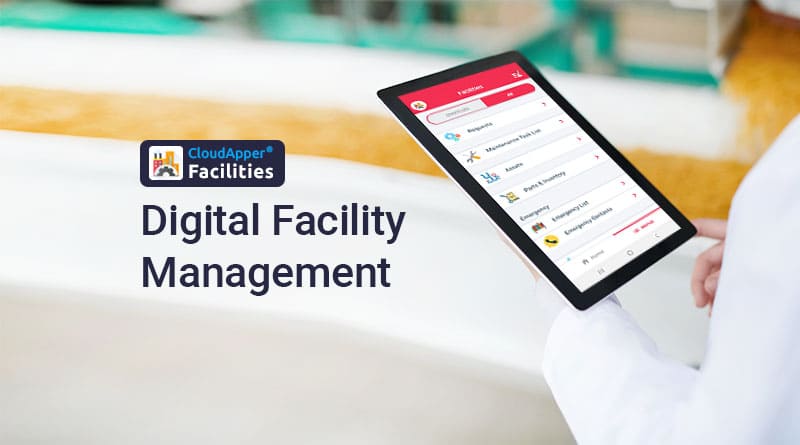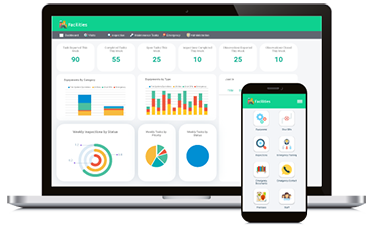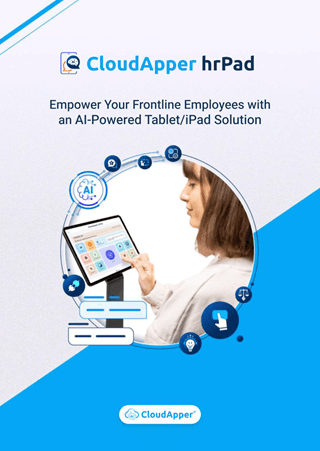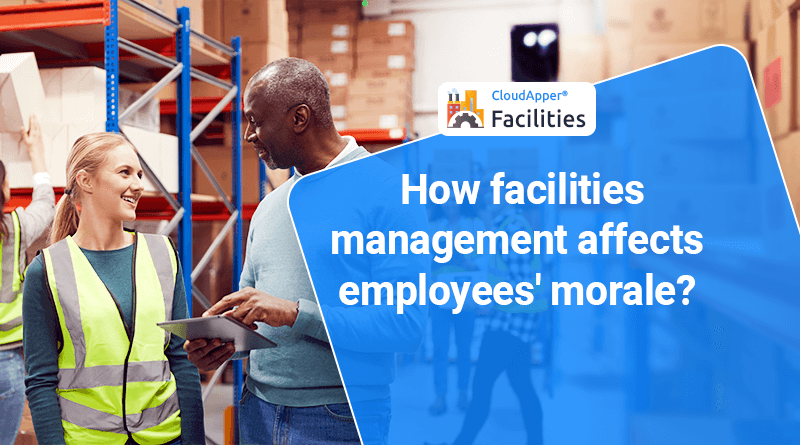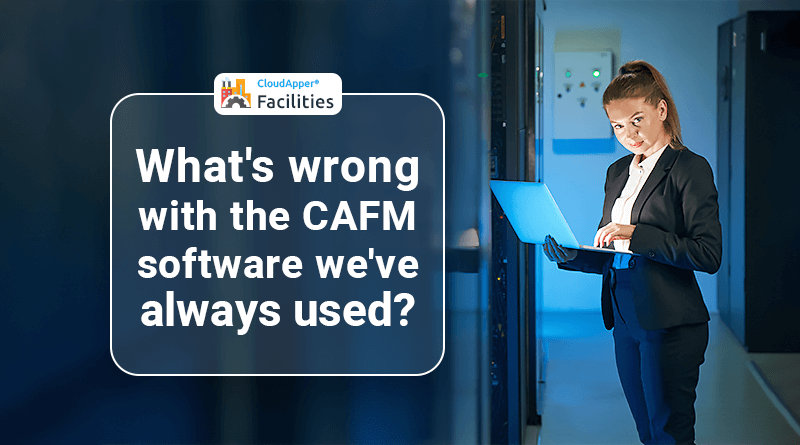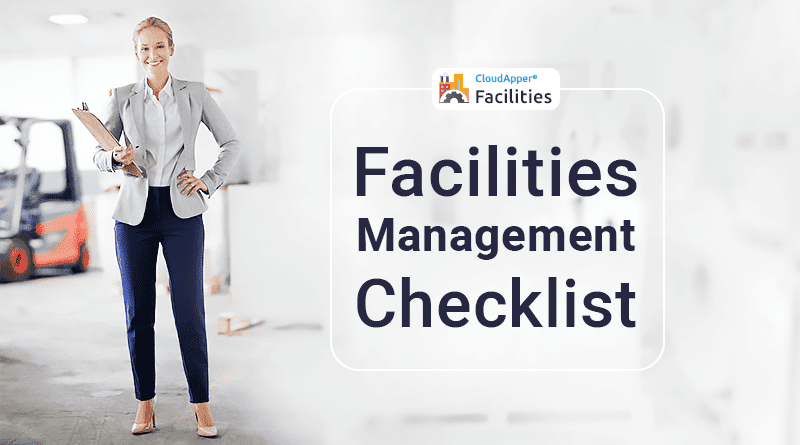Table of Contents
In industrial settings where big groups of people interact daily with complicated, hazardous, and sensitive equipment, efficient facility management is essential.
Small errors can lead to catastrophic industrial mishaps, putting people at risk and damaging the facilities and the surrounding environment. Therefore, the operators of these facilities must have access to cutting-edge tools that allow them to keep tabs on their everyday activities. To make this happen, many facility management teams use digital solutions to enhance the way they communicate and carry out activities.
Digital facility management is now possible thanks to three new technologies.
A combination of three important technologies drives this shift in how firms manage their facilities.
First, There Is Cloud Technology
Facility managers increasingly rely on devices linked to the cloud, like smartphones and tablets, to collect facility data and respond more effectively. It is possible to utilize cloud-linked devices to monitor and report activities and take actions to maintain a suitable facility environment. This feature has the potential to save costs while also improving the environment.
When employees report changes in a machine’s parameters, such as temperature, pressure, or chemical leaks or surges, the facility manager or machine operator receives an alarm to take prompt action.
Second, The Use of Large Datasets
When mobile devices are widely used in industrial settings, we may expect massive data to be generated. Over time, an organization may use the data to make critical operational choices about electricity, sustainability, and efficiency.
Apps for Smartphones and Tablets Provide the Third Option
The use of apps by facility managers is rising, in part because effective communication is vital in the field. Most commonly, apps are used to assign work orders or tasks, measure performance, share data, and compile reports.
Developing and deploying apps was extremely expensive until recently. In recent years, No-code development has made it feasible to build apps quickly, efficiently, and cost-effectively.
Incorporating Mobile Applications Into Facility Management
These are the most notable advantages of utilizing digital facility management:
Task Prioritization
Running a large industrial plant may be a never-ending task if you have an understaffed crew or one that is dispersed over several buildings. Workers must be ready to respond quickly to projects that might change every hour, and managers must make timely adjustments to employee workflows, conveying those adjustments to employees.
Assigning tasks to team members is made easier with the help of workflow tools. Once tasks are completed, workflow tools make it easy to close them out, guaranteeing they are read and acted upon.
Keeping Track of Equipment
Managers rely on inventory management to keep up with their ongoing need for equipment, replacement parts, and other necessities. To monitor, request, and refill inventory supplies, managers are now developing mobile applications of their own. Thanks to applications that boost production and profitability, it is possible to avoid bottlenecks and delays.
Employee Scheduling
An array of considerations, including shift constraints, daily obligations, location, and worker availability, must be considered by managers when attempting to strike a balance between personnel schedules. Manual data entry is not an option for these functions.
It is possible to construct flexible work schedules using apps that notify employees in advance of when they will be required on a job site and what they will be doing while they are there. With these in place, and when expectations are set correctly, employee cooperation improves.
CloudApper‘s no-code platform makes it easy to create facility management apps.
What is CloudApper AI Platform?
CloudApper AI is an advanced platform that enables organizations to integrate AI into their existing enterprise systems effortlessly, without the need for technical expertise, costly development, or upgrading the underlying infrastructure. By transforming legacy systems into AI-capable solutions, CloudApper allows companies to harness the power of Generative AI quickly and efficiently. This approach has been successfully implemented with leading systems like UKG, Workday, Oracle, Paradox, Amazon AWS Bedrock and can be applied across various industries, helping businesses enhance productivity, automate processes, and gain deeper insights without the usual complexities. With CloudApper AI, you can start experiencing the transformative benefits of AI today. Learn More
